Dry Skin and What You Can Do About It


When Your Skin Is Dry
It can be uncomfortable -- rough, itchy, and gray or ashy in color. It may feel tight, especially after you shower, bathe, or swim. You may have unusual redness and lines and cracks in the skin, sometimes deep enough that they bleed. Many things can cause it, and what you can do it about it depends on what brought it on.

Possible Cause: Your Age
You can have dry skin at any age, but if you’re in your 50s or older, the reasons for it might be different. This is because the glands that make oil for your skin get smaller as you age and make less. Older adults are also more likely to have medical conditions like diabetes and kidney disease that are linked with dry skin.
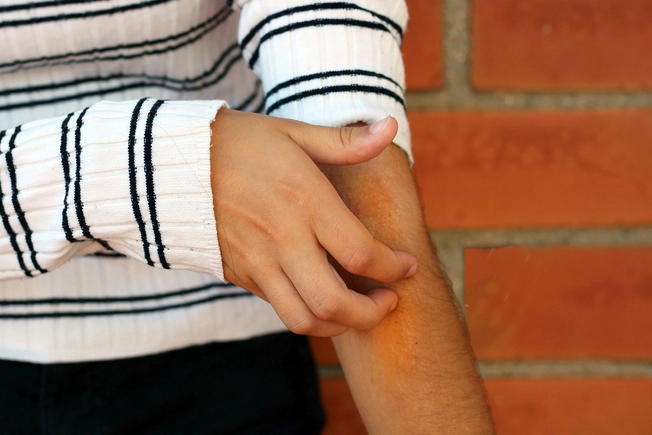
Possible Cause: Atopic Dermatitis
This is the most common kind of eczema. Dry, itchy skin is the most noticeable symptom, but you may also have a rash inside your elbows, behind your knees, and on your face, hands, and feet. It’s most often caused by an allergic reaction and usually can be managed if you moisturize your skin and stay away from what triggered it -- detergent, perfume, sand, or cigarette smoke, for example.

Possible Cause: Your Job
You’re more likely to get dry skin and chronic skin conditions if you work with certain chemical and biological materials, or with extreme temperatures. Examples of these kinds of jobs are in food service, cosmetology, health care, agriculture, cleaning, painting, mechanics, printing, and construction. You can use protective gear and try to limit exposure to the materials, especially if you see symptoms of dry skin or atopic dermatitis.

Possible Cause: Water
Soaking in the tub or showering for long periods is a common cause of dry skin. And the hotter the water, the worse it is. Pools and hot tubs that have a lot of chlorine in them are bad, too, because the chemical dries out your skin. It’s a good idea to keep the water on the cool side and your showers to a minimum -- you’ll have healthier skin and a lower water bill.

Possible Cause: Smoking
It not only causes wrinkles and messes with the blood flow to your outermost layers of skin, but smoking also causes coarse, dry skin. And it’s the leading cause of preventable death in the world.
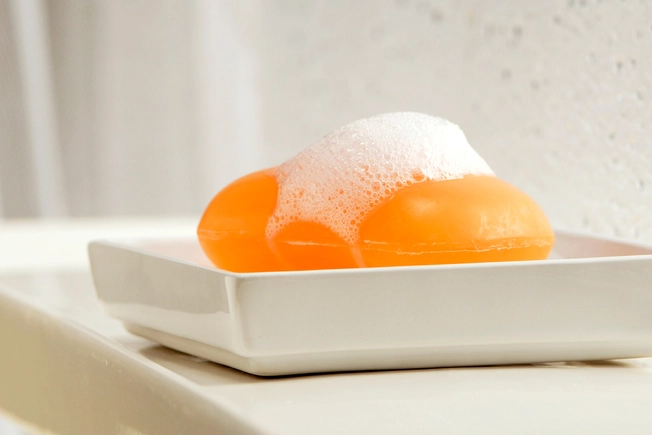
Possible Cause: Your Soap
Many popular soaps and shampoos clean your skin by removing oil. This can cause dry skin or make an outbreak even worse. Your doctor or pharmacist can suggest special cleansers that won’t dry out your skin.
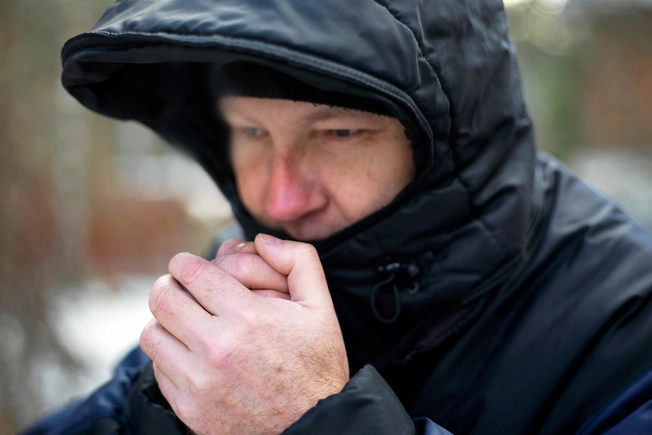
Possible Cause: The Weather
Winter tends to dry out your skin more than other seasons because the humidity (moisture in the air) is typically much lower. Heating systems also dry out the air, and that doesn’t help, either. Try to take special care of your skin in this type of weather: Cover up, moisturize often, and avoid things that trigger allergic reactions.
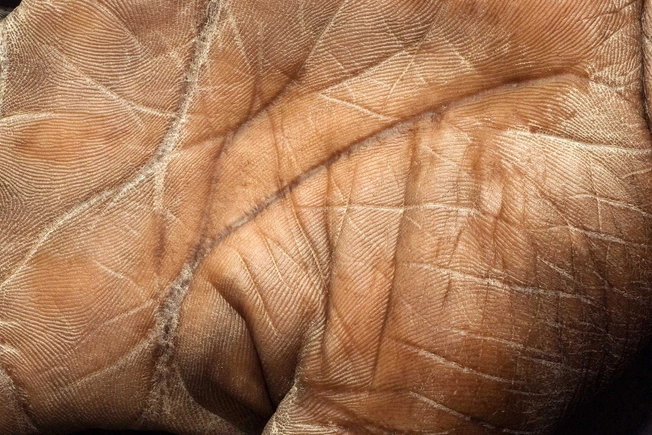
Possible Cause: Fish Scale Disease
Known by scientists as ichthyosis vulgaris, it’s an inherited condition that makes dead skin cells bunch together in thick, dry scales. These usually show up on the skin in early childhood and can be tough to manage, both physically and emotionally. There’s no cure, but treatments can help control the symptoms.
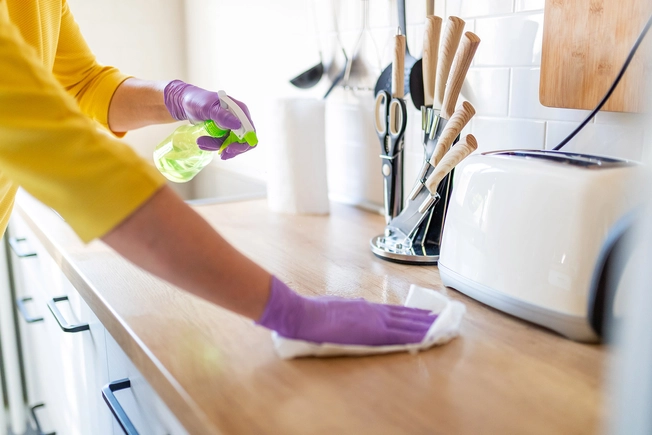
What You Can Do: Watch and Learn
Pinpointing the cause of an outbreak is one of the best ways to manage your dry skin. If you have bad dry skin fairly often, pay attention to what you do before it happens. You may need to stop doing it for a few days and use a special moisturizer, or wear gloves or other protection when you start again.
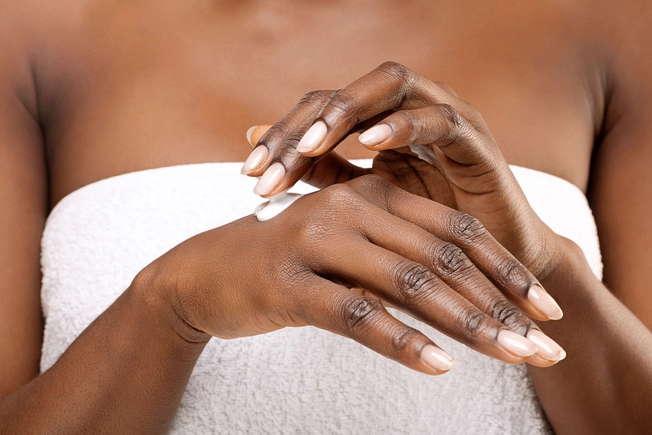
What You Can Do: Moisturize
Oils, lotions, and creams can smooth and soften your skin, making it less likely to crack -- and they can ease pain and itchiness. If you have very dry skin, something with lactic acid or urea may work best, because they can help your skin hold water. But they can sting if you put them on very dry, cracked skin. Ask your doctor what’s right for you.

What Can Help: Hyaluronic Acid
A substance that your body has inside skin, eyes, and joints, hyaluronic acid (HA) retains moisture well. (It’s able to hold over 1,000 times its weight in water!) Some creams and lotions contain a synthetic version of HA that helps your skin attract more moisture -- and look and feel softer. HA products usually don’t upset sensitive skin and are safe to use if you’re pregnant or nursing.
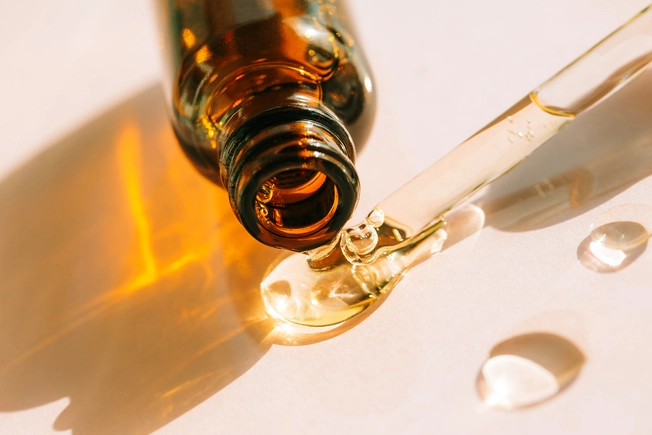
What Can Help: Glycerin
You can find this colorless liquid in products ranging from glue and throat lozenges to baby care products. Like HA, glycerin (also known as glycerol) is great at binding with water. In skin care products, it helps draw more moisture into your skin and keep it there. It can also improve your skin barrier, which comes in handy during dry, cold, or windy weather.
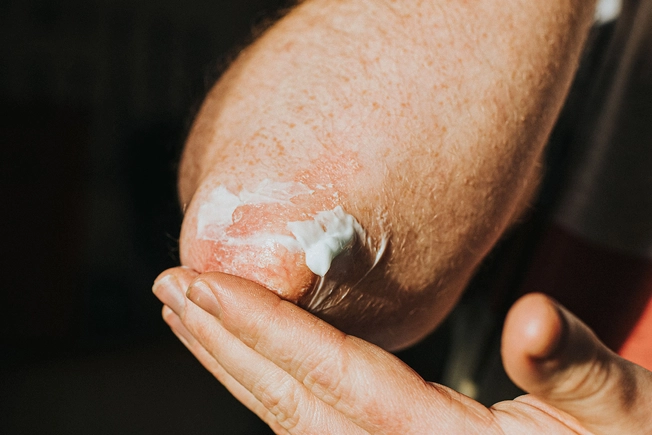
What Can Help: Squalane
Squalane is an oil that your skin cells make, but can also come from plant and animal sources. It can soothe and soften your skin, but doesn’t have an oily feel or smell and won’t clog your pores. Because of that, squalene oil is a good choice to moisturize sensitive skin. It’s often part of treatment for people with severe skin issues like dermatitis and psoriasis.
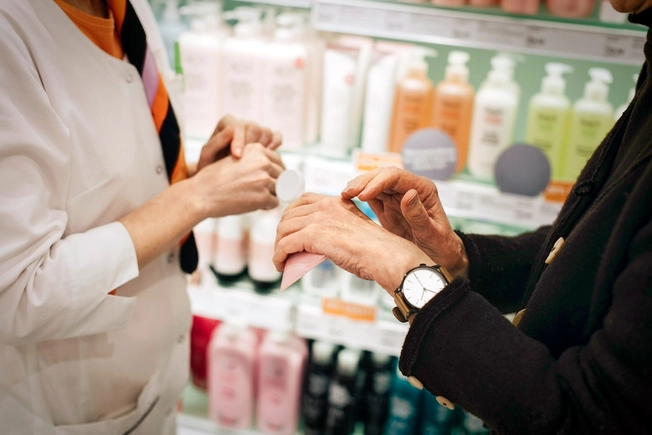
What Can Help: Ceramides
Your skin contains special fats called ceramides. They help your skin hold onto water while keeping out toxins that can inflame or dry it out. This gives your skin a chance to heal. You can find ceramides in both over-the-counter and prescribed skin products. There’s no need to apply them all over -- just the areas where your skin is super-dry.
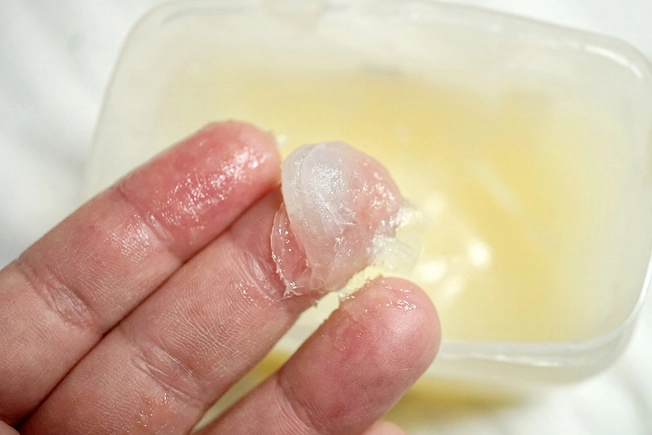
What Can Help: Petrolatum
The best budget way to seal moisture into your skin may just be petrolatum, the thick, gunky stuff made from petroleum. Look for it in a cream or lotion, or use petroleum jelly. Because it can be messy, add petrolatum to patches of dry skin, not your entire body. (It will work best if you apply to damp, not dry, skin.) For an earth-friendly version, look for a product made from plant oils and natural waxes.
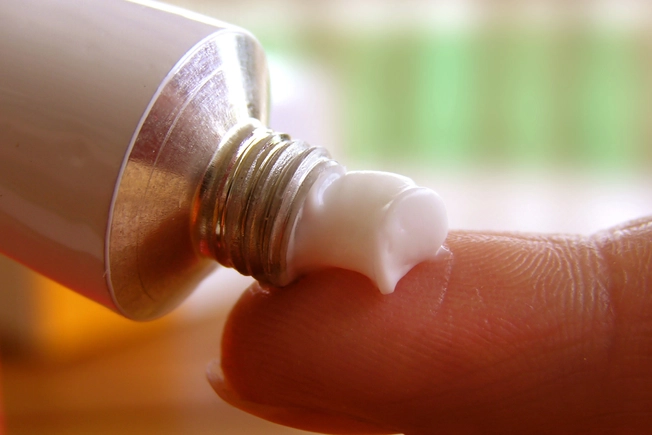
What You Can Do: Take Medication
If your skin is very dry, your skin doctor (a dermatologist) may prescribe an ointment or cream to put on it, such as a corticosteroid or an immune modulator (this can help with your body’s response to something you’re allergic to). Combined with a moisturizer, these can relieve the itchiness, redness, and swelling. But keep in mind that some of these can stop working if you use them too often.

When to See a Doctor
You can usually manage dry skin with lifestyle changes, home remedies, and over-the-counter soaps and moisturizers. If these don’t seem to help, though, see your doctor, especially if dryness and itching mess with your sleep, or you have open sores or large areas of peeling skin.
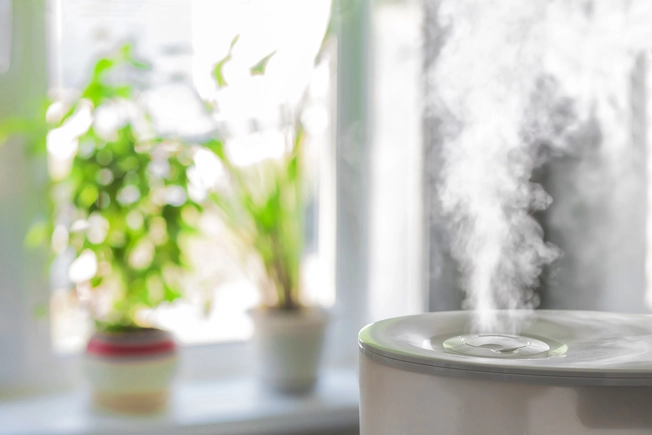
An Ounce of Prevention …
You can do a few things to keep your skin moist and healthy: Put moisturizer on right after you bathe. Use a humidifier when the air is dry. Wear natural fibers, such as cotton and silk, because they allow your skin to breathe. (Wool, though natural, can sometimes irritate your skin.) Use detergent without dyes or perfumes and cover up when the air is dry to help your body keep moisture.
